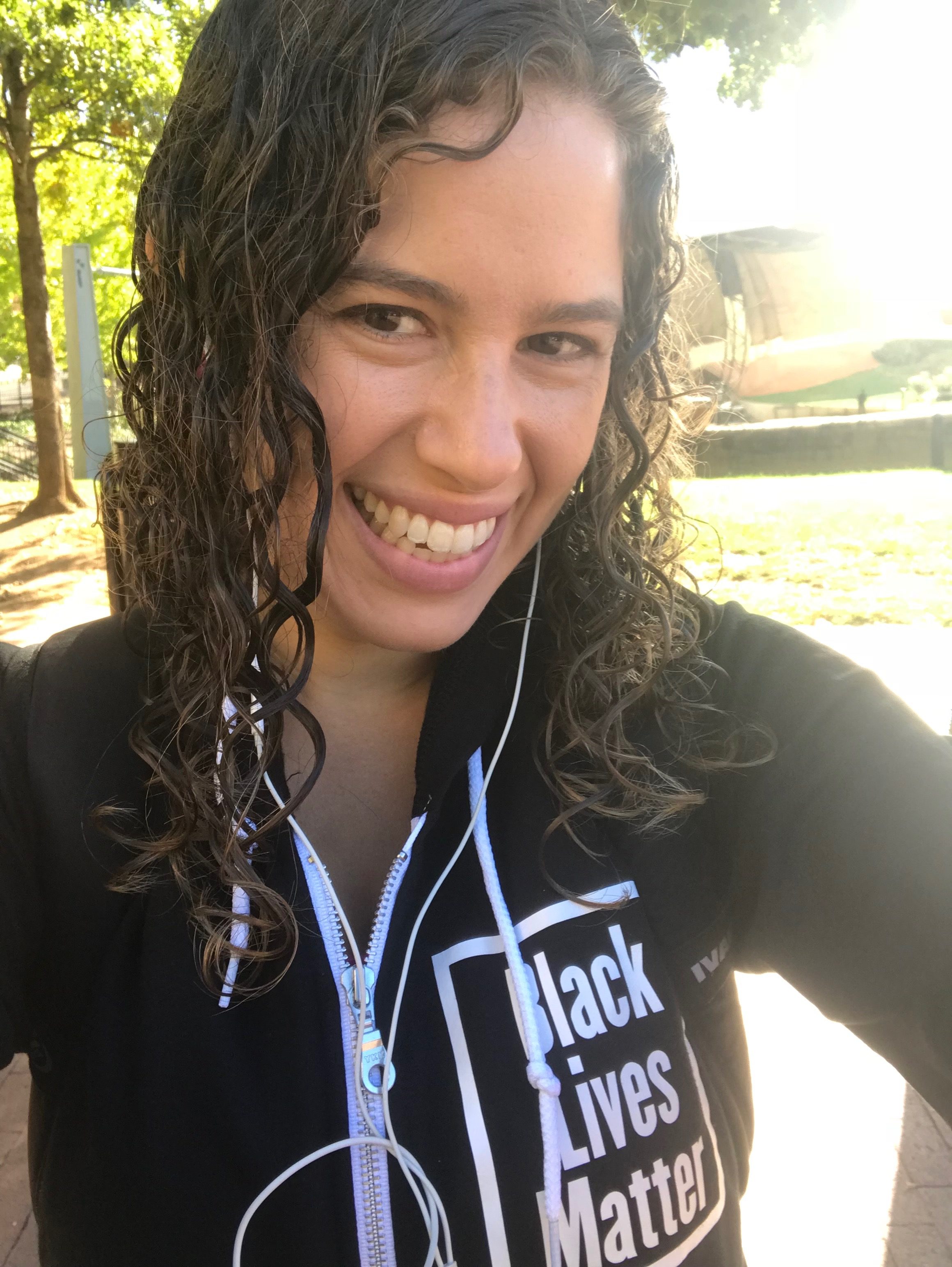This week I had the honor of attending the 2010 Teen Pregnancy Institute: Expecting Success For Youth And Young Families, hosted by the Massachusetts Alliance on Teen Pregnancy. I spent the day learning with other educators, counselors, researchers and advocates invested in improving the sexual health and well-being of teenagers in our state.
When we came together in one space, I really did start to feel like there are a whole lot of us – people who work with teenagers and care about them and have the courage to talk to them about sex. No, not just the courage, it’s more than that. The ganas. The instinct. The drive.
I wish I could take each one of the attendees out to dinner and hear their stories.
My day started in Consuela’s workshop on the importance of giving teenagers access to words, concepts, and images with which to imagine, assess, and ask for healthy relationships. She challenged us to discuss how healthy relationships look similar and different for teenagers than they do for adults. What are the components of a good date? What does a healthy first month of dating look like?
When I learned to play tennis at summer camp, the counselor assured us that she would tell us when she saw us swinging our racket correctly, so we could learn what the correct swing felt like.
Have you ever told a teenager that you thought something was healthy and positive about their dating relationship?
In my second session, I learned about specific ways to teach sexuality through a Social Emotional Learning (SEL) framework from Liz of Planned Parenthood. When her coworker Mindy took over to introduce the parent engagement component of their curriculum, Get Real, I was captivated by the overlap between our fears as sexuality educators and the fears that parents have when their children enter our classes. The tools that Get Real provides for parents are really just conversation starters. A simple question like, “Are there any kids at your school you don’t like?” appears not to be about sexuality in all, but it can clear the way for exploring relevant emotions and communicating core values.
In the afternoon, Kelly from the Cambridge Health Alliance launched a conversation about what a sex-positive national culture might look like, using slides from this Slate article. What would it take for American teens to start hormonal contraception before ever having sex? What would it take for American teens to carry a condom with them on a regular basis? And, how can we get from here to a place where American teens have an open conversation with their parents about what they want to do sexually and who they want to do it with before they actually start having sex.
Can such a world exist?
It can in the Netherlands. (Watch the Slate slideshow. Really.)
To end the day, everyone gathered together to watch The Gloucester 18, a story about teen parents who made national news. I have so much to learn about the lives of pregnant and parenting teens. See this film, then help push back on the stereotypes.
Thank you so much to the Massachusetts Alliance On Teen Pregnancy for putting together this incredible day of learning and community-building. Thank you to each of the presenters for sharing your passions, and to everyone I met or reconnected with for showing up and stepping up.

Anonymous says:
Thanks for sharing your experiences! After reading this and the Slate article, I'm left wondering what it means for parents and mentors to prepare preteens and teens and promote positive perspectives on sexuality while still sharing values that they might have regarding sex. If your 12 year old requests permission for a "romantic sleepover," as they call it in the slideshow, and your perspective as a parent is that your preteen is not ready, whether for religious or emotional reasons, what does that conversation look like? How can parents and mentors best prepare kids for safe and positive sexual choices, and is there ever a place for rules ("no romantic sleepovers"), and if so, what is that place?
Anonymous says:
Hi Mimi! I just linked to this post on the Alliance's blog. Thanks for all the positive comments! http://thepushback.org